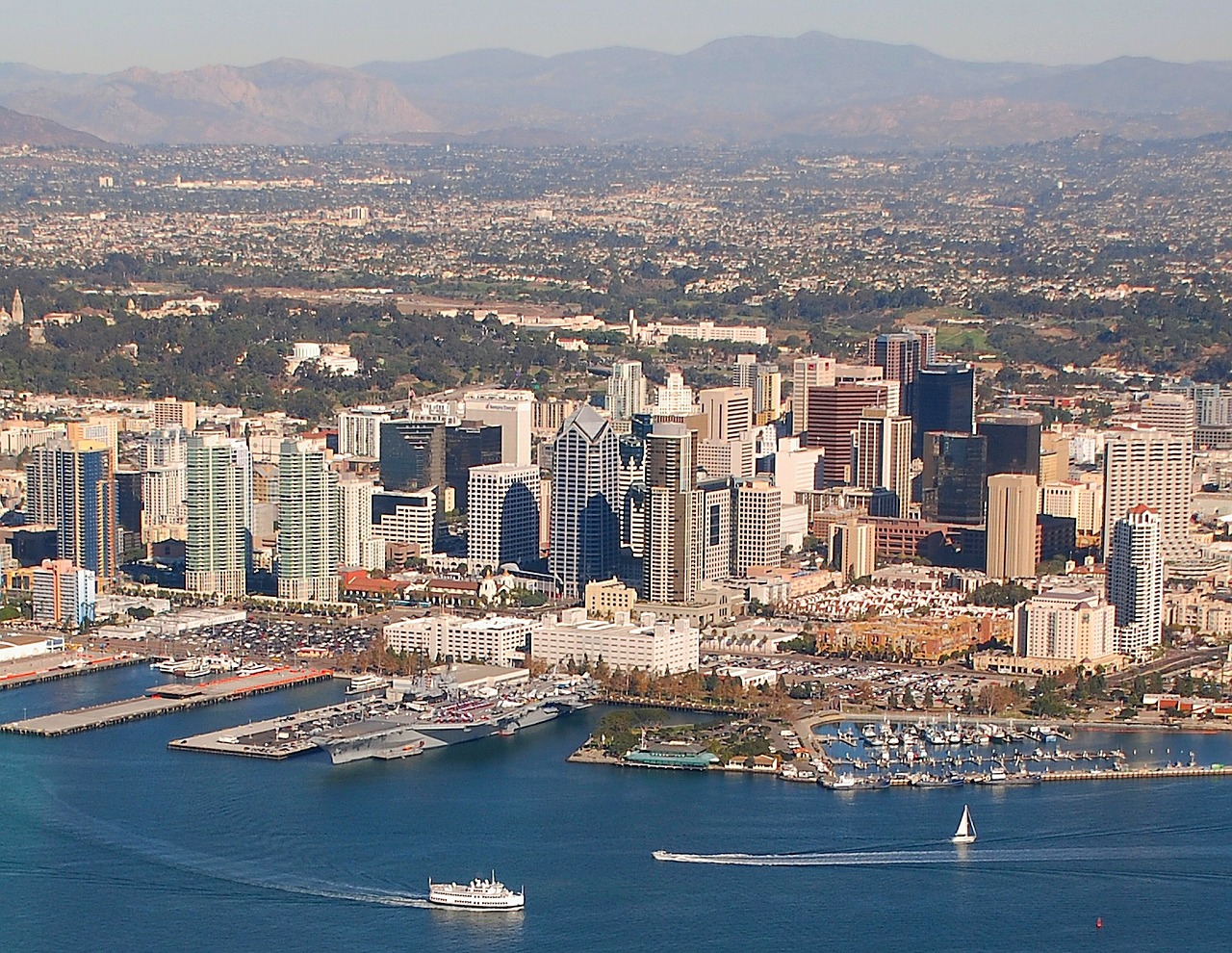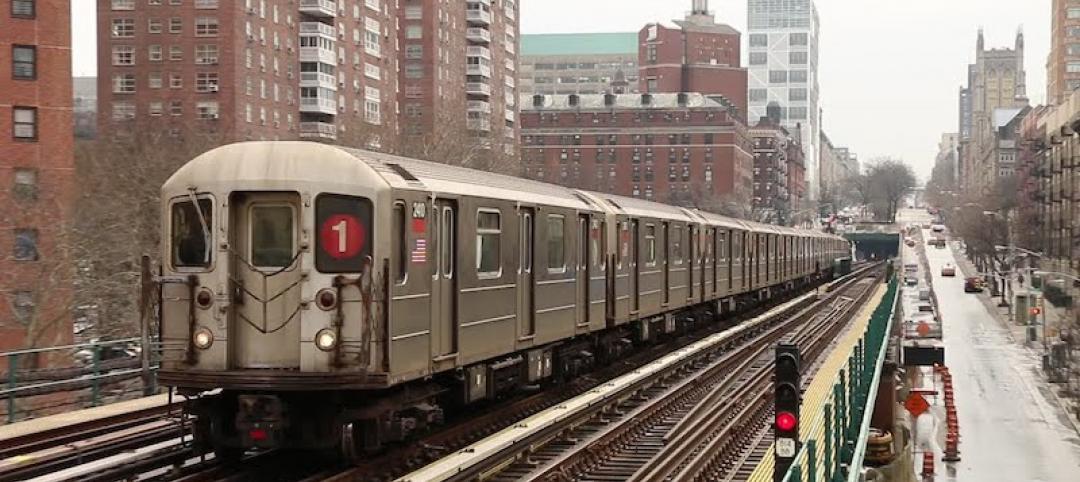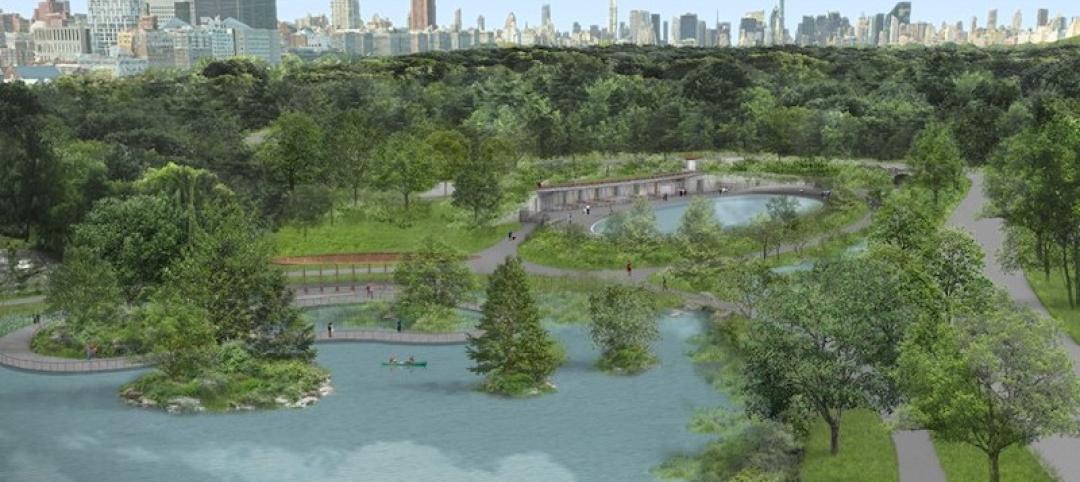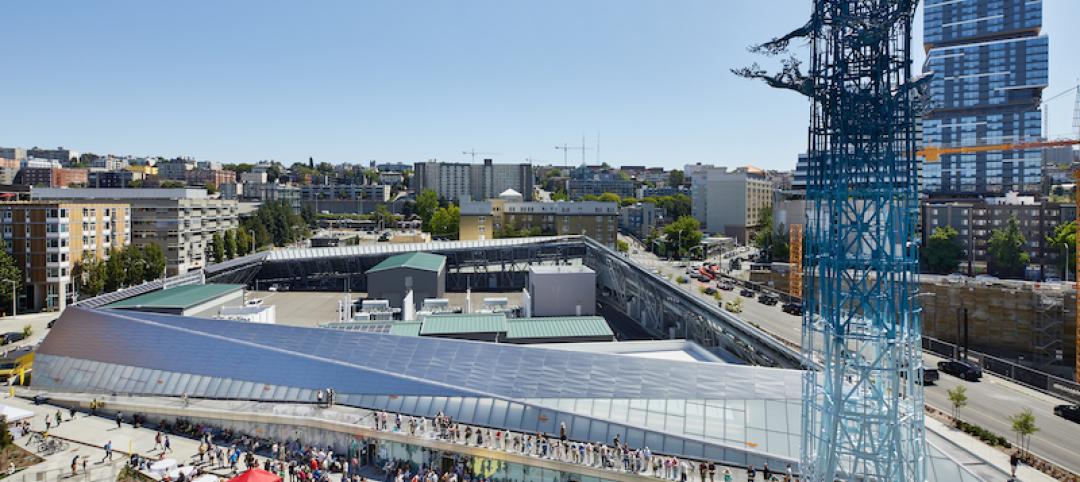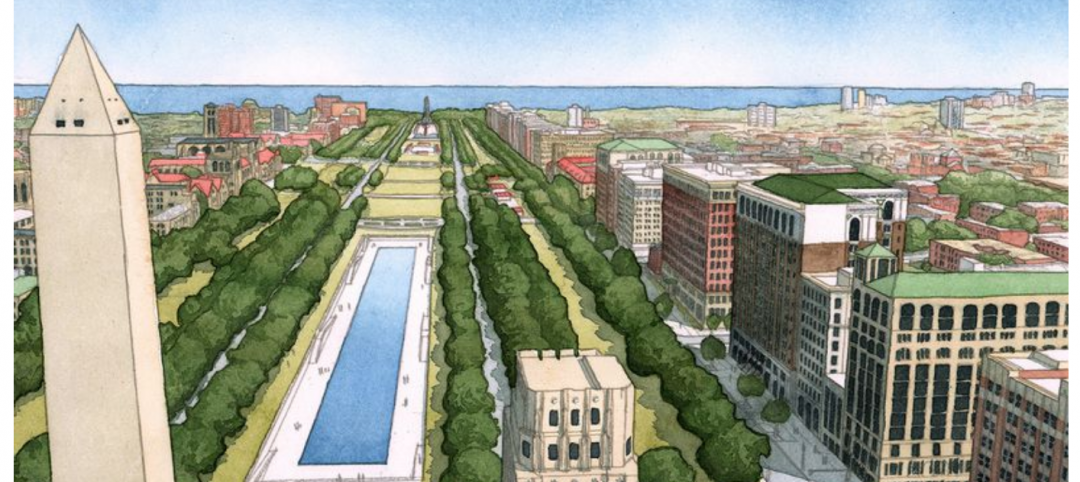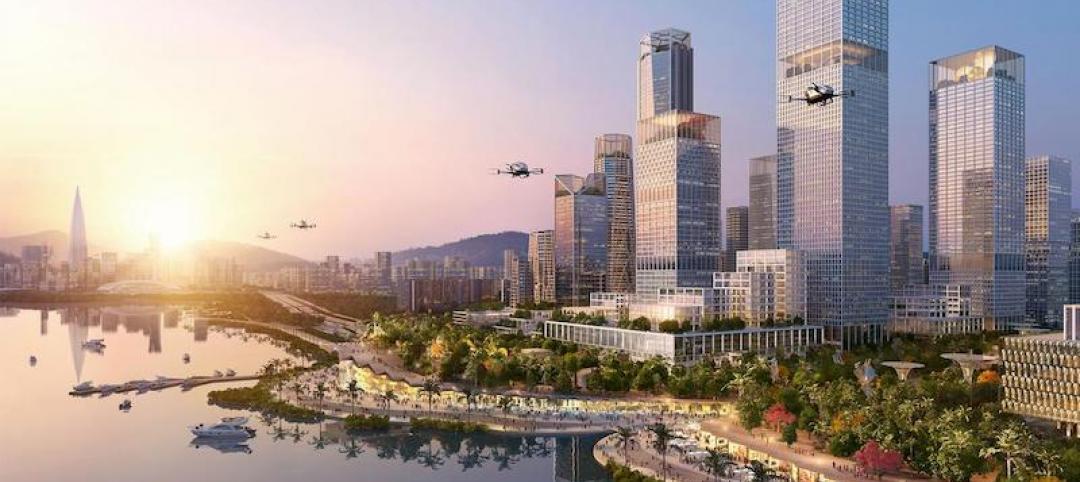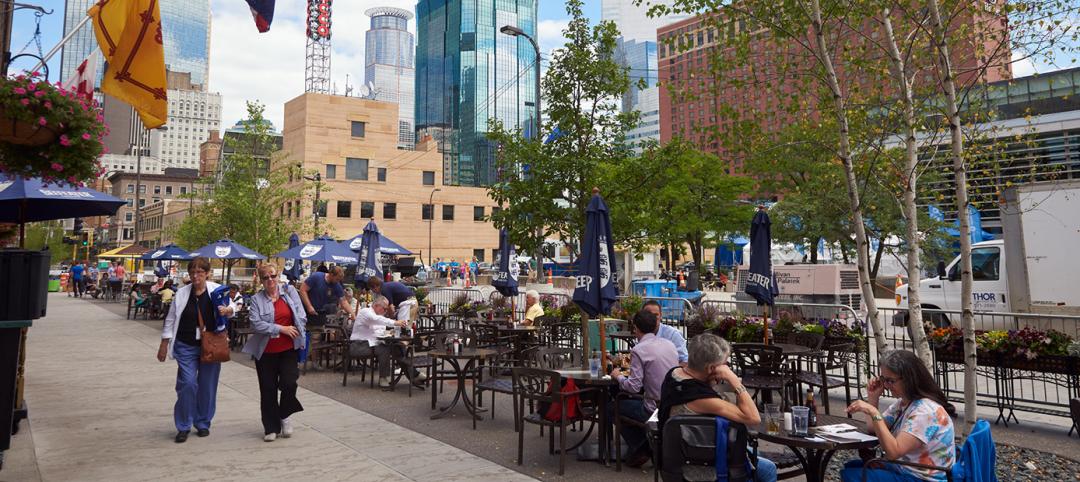Bosa Development is all in on San Diego. The Vancouver, British Columbia-based developer has been leading the latest construction boom in this southern California market, where Civic San Diego, the downtown planning agency, reports there are more than 63 projects valued at over $6.4 billion being constructed, approved, or under review.
Bosa Development, which completed seven buildings in San Diego over the past 15 years, has another eight buildings planned for construction or redevelopment in the next decade. Last month, Bosa acquired two building sites in downtown San Diego for $42.6 million, on which it plans to build up to 800 condos.
“San Diego is getting ready to pop,” Nat Bosa, the developer’s founder, told the San Diego Union Tribune recently. Indeed, in 2015 alone, developers completed 1,248 apartments, and another 8,106 are in the works, according to Civic San Diego.
Bosa Development was one of the real estate developers behind Rethink Downtown, a free public exhibit that opened last September to highlight the city’s history and culture.
San Diego’s urban core has actually been growing for quite some time. The number of people living downtown almost doubled between the years 2000 and 2013, according to the San Diego Association of Governments.
The city’s construction boom isn’t confined to multifamily, either. The giant retail developer Westfield recently announced plans for its 30-year-old Horton Plaza shopping mall. An adjacent park, which Westfield will manage, is scheduled to open in March, and the developer is considering changes to the mall that range from cosmetic fix-ups to major demolition and replacements.
Last fall, UC San Diego broke ground on a $150 million, 154,000-sf outpatient pavilion that will be build on the university’s health sciences campus in La Jolla, Calif. CO Architects designed the pavilion, which will help serve the Jacobs Medical Center, a $859 million collection of specialty hospitals that opens this year.
All of this construction and redevelopment activity is being conducted against the backdrop of a commitment that San Diego’s Mayor Kevin Faulconer made late last year to cut the city’s carbon emissions in half by 2035. To achieve this goal, the city needs to get more people and businesses to move into established neighborhoods, which will mean greater support for urban housing, an expansion of public transit, and access to renewable energy sources.
Without this commitment, the city might have been facing litigation because its environmental plan lacked sufficient enforcement measures. Faulconer’s plan calls for the city to cut total greenhouse gas emissions 15 percent by 2020 and 49 percent by 2035, based on its emission level from 2010. The plan includes a goal to reach 100% renewable energy by 2035, with an emphasis on local sources, according to Voice of San Diego’s website. And Faulconer envisions more than 60% of San Diego residents walking, riding their bikes, or taking public transit to work by 2035, compared to fewer than 10% in 2010.
Among the construction projects nearing completion in San Diego are a dual-hotel building at Lane Field at the foot of Broadway; a $555.5 million state courthouse, with 22 stories and 71 courtrooms within 704,000 sf, which should be finished this fall; and a 41-story luxury waterfront condo tower called Pacific Gate, another Bosa development that was designed by Kohn Fox Pedersen. Bosa has retained Engel & Völkers Scottsdale to market Pacific Gate, whose condo prices start at $1.4 million.
Related Stories
Urban Planning | Nov 6, 2019
Does investment in public transit pay off in economic development and growth?
Despite recent data about ridership declines, a new report on mass transit is optimistic.
Reconstruction & Renovation | Oct 7, 2019
Central Park’s Lasker Rink and Pool to undergo $150 million restoration project
The project will be the largest the Central Park Conservancy has ever undertaken.
Cultural Facilities | Aug 28, 2019
Seattle’s newest substation doubles as a civic amenity
The Denny Substation includes 44,000 sf of open space that invites local residents and visitors to frequent the complex.
Codes and Standards | Aug 27, 2019
Slower speed limits in urban areas offer multiple benefits
Improved safety, better adoption of electric scooters and autonomous vehicles are possible if drivers ease off the accelerator.
Urban Planning | Aug 27, 2019
Pop-up parks revitalize empty lots
Pop-up parks that provide instant open areas for public use and programming can revitalize under-utilized spaces and add vibrancy to neighborhoods.
Urban Planning | Jul 8, 2019
U.S. cities experience ‘Doppler shift’ in walkable urban development
The walkability trend is spreading to urbanizing suburbs.
Urban Planning | May 28, 2019
Henning Larsen wins competition to build Chinese leisure city
5.5 million sf waterfront district to be built in Shenzhen, China.
Urban Planning | Mar 1, 2019
What happens when downtown doesn’t stay downtown? The ripple effects of a strong center city
A new report from the International Downtown Association measures the true value and lasting impact of downtowns and center cities.
Urban Planning | Feb 6, 2019
Svigals + Partners to design a memorial garden for victims of gun violence
The park will be located in New Haven, Conn.


